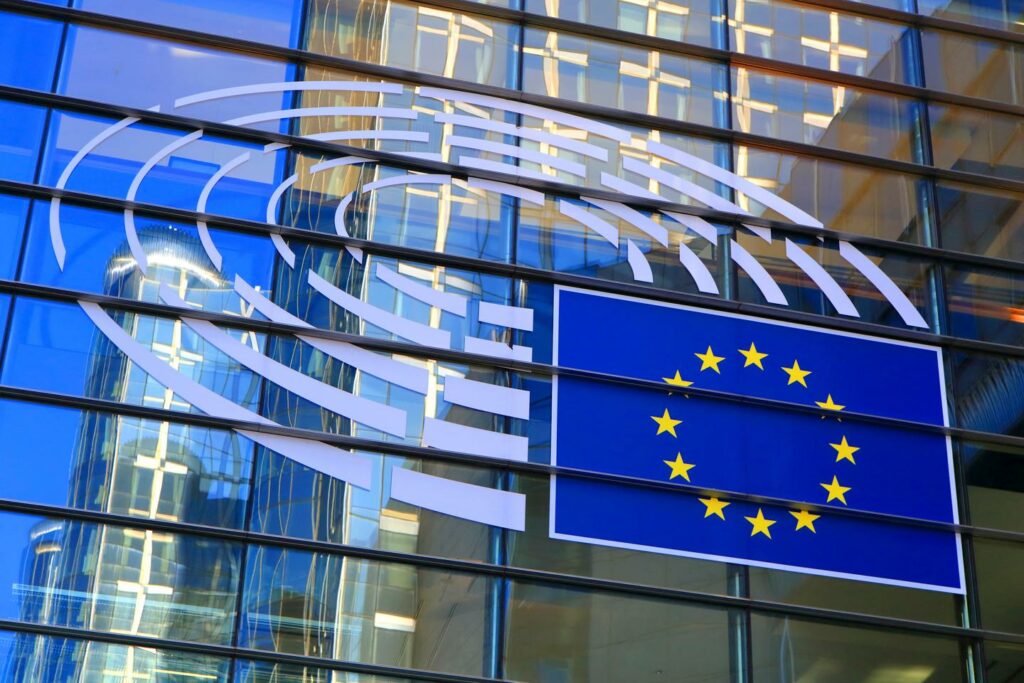The antitrust weather is looking stormy for Google this autumn. Monday, September 9 saw the opening the trial initiated by the US justice department for abuse of dominant position and anti-competitive practices in its online ad management tools. In August, the company was condemned for unduly imposing its search engine on smartphones, thanks to contracts worth tens of billions of dollars with Apple. And on Tuesday, the European Court of Justice upheld a €2.4 billion fine imposed by Brussels for favoring its Google Shopping product comparison service on its search engine.
On the same day, another digital giant suffered a major setback. The European courts ruled that Apple must repay €13 billion to Ireland for undue tax advantages. Are these signs that a storm is gathering for tech multinationals on both sides of the Atlantic, fueled by the breath of American and European competition authorities?
Read more Subscribers only Apple must pay €13 billion in back taxes: An EU victory?
In fact, the picture is far more nuanced. Brussels’ and Washington’s battle against the digital giants is a long march. The sanctions confirmed by the European courts were decided in 2016 and 2017 for events that occurred even earlier. These decisions by Competition Commissioner Margrethe Vestager are only now being confirmed, as Google and Apple have challenged them repeatedly. The search engine has also appealed its August conviction.
The trial that opened on Monday only concerns its advertising management tools, notably for advertisers and third-party sites, an area in which it is accused of favoring its own media (including YouTube). Although the group is facing substantial damages and possible “dismantling,” the latter would only concern this technical activity, which is marginal compared to advertising on its search engine. The group has in fact already been condemned in France for the same practices.
More generally, Google is so far the only digital giant to have been taken all the way to trial since the change in attitude of the US authorities after the Cambridge Analytica scandal targeting Facebook and the election of Donald Trump in 2016. Subsequently, a spate of proceedings was launched by the justice department against Apple for its mobile ecosystem in March 2024, by the Federal Trade Commission against Amazon for its e-commerce platform in 2023, and against Facebook (now Meta) for its takeover of Instagram and WhatsApp in 2012 and 2014.
Read more Subscribers only As the Digital Markets Act comes into effect in the EU, Apple already faces criticism Unprecedented power struggles
With the Digital Markets Act (DMA), European authorities have obtained changes from the major platforms, such as giving users the option of choosing other services by default. But the giants are also resisting. Before the summer, Brussels had to issue a preliminary opinion against Apple and open several investigations for non-compliance against Google and Meta. Although the DMA was created to move faster than competition law disputes, these unprecedented tussles will take several more months. And both Apple and Meta are piling on the pressure, announcing that they will be unable to launch certain artificial intelligence (AI) services in Europe because of the DMA.
You have 23.78% of this article left to read. The rest is for subscribers only.
Source link : https://www.lemonde.fr/en/opinion/article/2024/09/13/the-eu-s-and-the-us-fight-against-the-digital-giants-is-a-long-march_6725850_23.html
Author :
Publish date : 2024-09-13 07:00:00
Copyright for syndicated content belongs to the linked Source.
